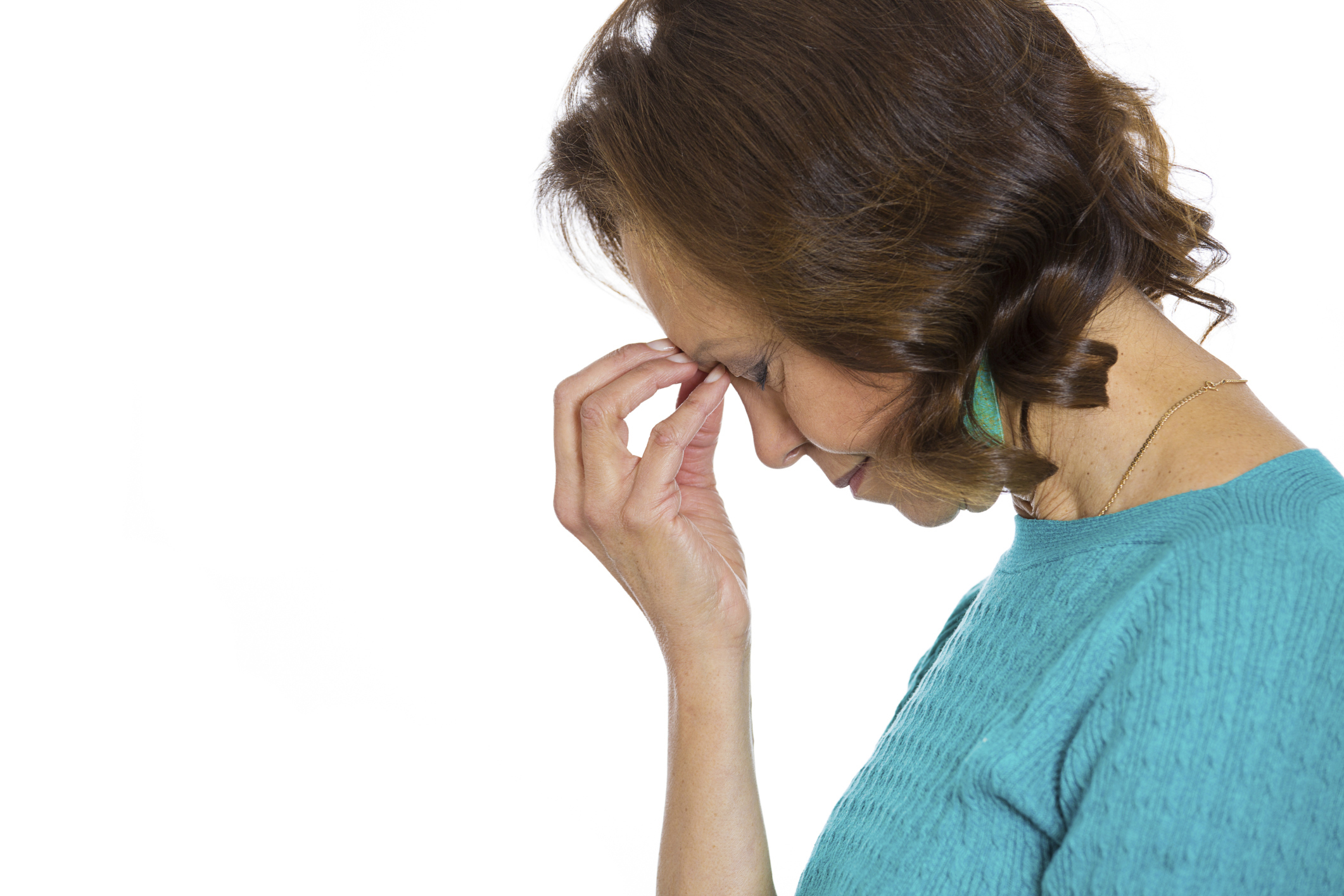Is diet failure all in your mind?
Some people can’t lose weight – because they don’t really want to, an expert has claimed. But might there be another reason you’re struggling to slim down or diet? Nel Staveley finds out…
Finding it difficult to shift those excess pounds in time for summer? A new theory offers you the simple (and hugely controversial) reason why: you’re choosing to stay fatter.
According to Dr Bernadette Rock, a sociologist and weight-loss expert from Ireland, people who battle to lose weight might do so because, subconsciously, they’re afraid of being thinner.
The reason for this fear, apparently, ranges from no longer having an excuse not to put off their ‘new life’ with their ‘new body’, or because being larger means they’re able to blend more easily into the background and not expose themselves emotionally.
There could be some truth in this, of course – the power of people’s minds over their bodies is undeniable.
However, physical factors can sometimes play a big part too. Here are some common reasons which may be causing your body to stubbornly hold on to those rolls…
:: YOU’RE DEHYDRATED
Water constitutes over two-thirds of the healthy human body, and not replenishing this level enough wreaks havoc with many bodily functions – one of which is your metabolism. Being dehydrated slows the rate at which your body burns fat, and some studies have shown that just by drinking two cups of water, this rate can increase by 30%. Another problem caused by dehydration is that your body will mistake thirst for hunger, making you reach for another snack, rather than a drink. The amount each person needs to drink to avoid dehydration depends on the weather, body size and activity levels, but on average, experts recommend glugging at least six to eight glasses per day.
:: YOU’RE TIRED
Lack of sleep doesn’t only slow your concentration, it also slows your metabolism and alters the balance of ‘hunger’ hormones in your body; leptin (which tells your brain to stop eating) falls, and ghrelin (which says ‘start’) rises. As such, a bad night’s sleep will also mean bad implications for any attempt to restrict your next day’s food intake. If sleeplessness is an ongoing problem – and you are regularly getting less than five hours a night – see a GP to discuss treatment for insomnia.
:: YOU’RE STRESSED
From draining commutes, overwhelming workloads and screaming children, to more serious issues of illness and grief, it’s easy for stress to spiral and it can be difficult to cope with. It can sometimes make staying in shape more difficult, too. When your body is under stress, it releases cortisol, a hormone which, in small short doses, is essential for survival, but in large continuous doses, can increase your blood sugar levels and make your body more likely to store fat, especially around the waist. If you want to lose weight, you may first need to think about losing (or at least reducing) any major sources of anxiety.
:: AN UNDERACTIVE THYROID
Figures state that 15 in every 1,000 women in the UK and one in 1,000 men suffer from an underactive thyroid (known as hypothyroidism). There could be many causes for this, but the most prevalent one is that the body’s immune system attacks the thyroid and prevents it releasing thyroxine, a hormone essential in burning fat. If you have noticed weight gain, and have additional symptoms like tiredness, muscle aches, sensitivity to the cold and dry skin, ask the doctor for a test.
:: YOU’RE BEING CONTROLLED BY HORMONES
Most women (unless they’re very lucky) will know that ‘trousers a little tighter than normal’ feeling a week before their period. This bloating is annoying – and sometimes painful – but it’s nothing to worry about. On average, women gain an extra 3-5lbs at the end of their menstrual cycle; weight which will naturally disappear when your period starts. That said, ovaries can be linked to weight gain in a more serious way; polycystic ovary syndrome (PCOS) is an extreme hormone imbalance, which causes not only weight gain, but also irregular menstrual bleeding, acne, excessive facial hair, thinning hair and difficulty getting pregnant.
:: YOU’RE HITTING MENOPAUSE
We’re not done with hormones yet. The onset of menopause can cause some women – among all the other unpleasant symptoms – to gain weight. The fall in the body’s oestrogen production can affect the part of the brain that controls food intake and body fat distribution. In addition to any other medication you may take to ease your menopause symptoms, it’s important to make sure you keep active with regular exercise that gets your heart rate up.
What is your experience of trying to lose weight when you are over 50?
Latest posts by Sally - Silversurfer's Editor (see all)
- What goes first – the milk or the tea? - April 15, 2025
- 10 Money saving tips for gardeners - April 15, 2025
- How to make your own plant food - April 15, 2025
- Would you like to take a flight into space? - April 14, 2025
- Brunch muffins with poached eggs, asparagus tips and smoked bacon - April 14, 2025




















